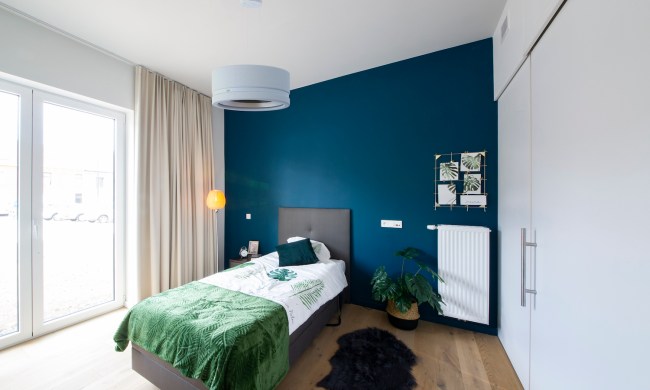+
Just like seemingly every other object in our lives, from cars to household objects, pills are getting smarter. No longer content to simply boringly dissolve when swallowed, tomorrow’s drug-releasing tablets promise the kind of functionality that would make James Bond feel at home.
The latest example of this is the RaniPill capsule, a robotic pill designed to replace injections of large drug molecules including peptides, proteins, and antibodies. The Rube Goldberg machine of injectables, the RaniPill enters the intestine after being swallowed, where the surrounding pH levels call its shell-like coating to dissolve. Once the shell-dissolving chemical reaction has taken place, it causes a balloon to inflate which, in turn, pushes a dissolvable microneedle filled with a drug into the intestinal wall.
Compared to injections, the approach is painless since there are no sharp pain receptors in the intestine, where the injection takes place. Amazingly, all of this gadgetry is compressed into a pill no bigger than a regular fish oil capsule.

“Most people would prefer to take a pill over an injection,” Mir Imran, CEO and founder of Rani Therapeutics, told Digital Trends. “But not all drugs can be taken orally. This is true of most biologics, including insulin and the world’s top-selling drug, Humira. Despite dozens of attempts by others in the industry and billions of dollars spent on the pursuit of ‘oral biologics,’ Rani is the first to demonstrate an effective oral alternative to injections.”
The RaniPill was recently the subject of a successful human trial, following more than 100 previous animal studies testing the smart pill’s drug-delivering potential. In the study, it was shown to offer 100 percent equivalence with injections. Carried out at a Clinical Research Organization (CRO) in Texas, the human trial involved 10 subjects who were divided into two groups. One group ate before taking the pill, while the other group fasted. All 10 then swallowed a RaniPill capsule, containing no drugs, which allowed the researchers to examine the safety and tolerability of the device alone. X-rays tracked the pills every 30 minutes. During (and after) the study, the patients reported no discomfort. This included feeling no sensation when the pill inflated, when it deployed its non-contents, and when it was passed at the, er, other end.
“Other human trials will be conducted later this year that will use a drug-filled needle,” Imran continued. “Rani has also entered into multiple agreements with pharmaceutical companies to use the RaniPill capsule to deliver drugs to their consumers. [The company] also has plans to release its own molecules. Further announcements regarding the new trials, proprietary and partnerships will be made later this year and throughout 2020.”



